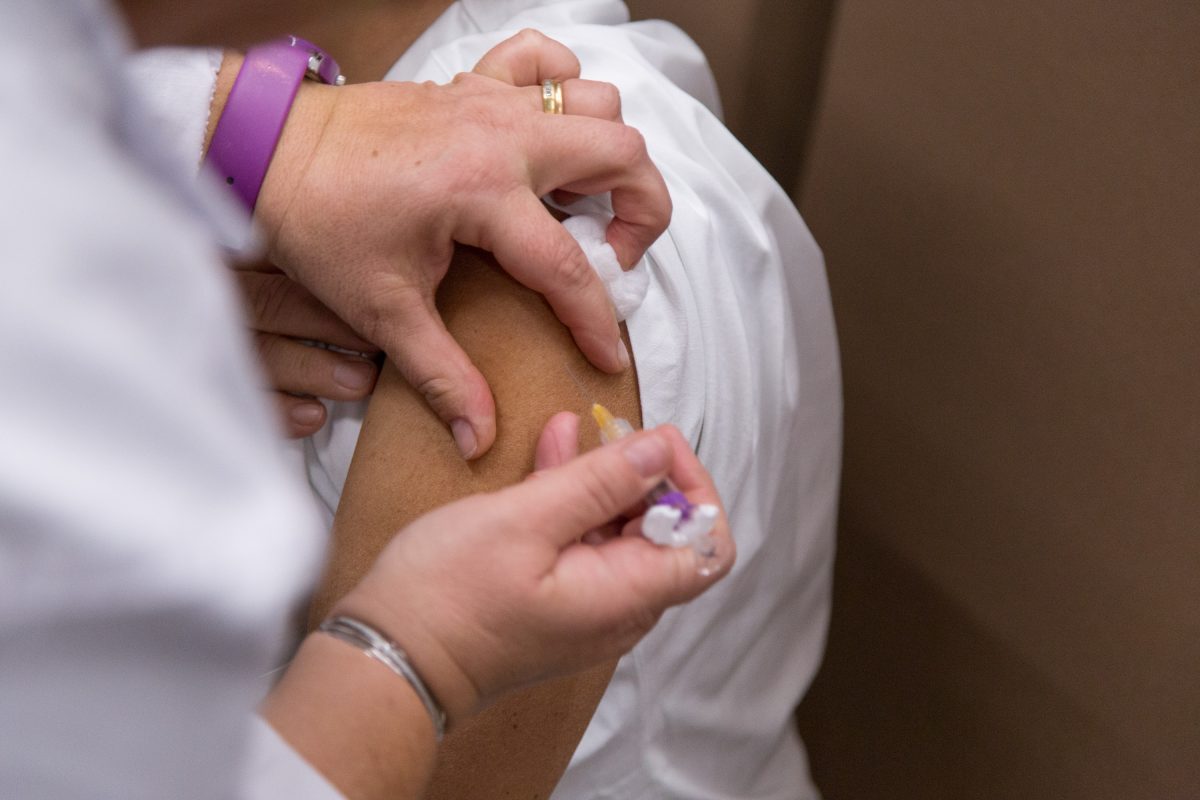
Covid vaccine in paediatric age, Pfizer-BioNTech announce the successful outcome of a study in children 12-15 years old: 100% efficacy
The Covid vaccine for children, or at any rate for adolescent paediatric patients, has been a hotly debated topic among paediatricians for many months
The pandemic has painfully explained that the coronavirus also infects children, who are by no means exempt from severe forms and admissions to intensive care.
It is now established that this occurs to a drastically lesser extent than in adults, but that COVID-19 also infects children is a scientific certainty.
Read Also: Early Identification Of MIS-C/PIMS In Paediatric Emergency Departments: The SIMEUP Study
Pfizer-BioNTech conducted an interesting study on more than 2000 children aged between 12 and 15 years, stating that the vaccine proved effective in 100% of cases
“In participants aged 12-15 years, [Pfizer’s COVID-19 vaccine] demonstrated 100% efficacy and robust antibody responses, superior to those reported in a study of vaccinated participants aged 16-25 years in a previous analysis, and was well tolerated,” the two companies said satisfactorily.
They also specified that side effects were similar for children aged 12 to 15 years as for those aged 16 to 25, but did not specify what they were.
Typically, Pfizer vaccine side effects last a couple of days and include fever, headache, fatigue, and pain, redness, or swelling around the injection site.
These results, if they hold up, could speed the return to normal for millions of American families and, depending on regulatory approval, vaccinations could begin before the start of the next academic year for middle and high school students and for primary school children not long after.
However, ‘the companies announced the results in a press release that did not include detailed data on the process,’ the NYT says, ‘which has not yet been peer-reviewed or published in a scientific journal.
In the meantime, the country “cannot hope to achieve herd immunity – the point at which immunity becomes so widespread that the coronavirus slows its scan through the population – without inoculating even the youngest Americans,” some experts say.
Children under 18 make up about 23% of the population in the US.
Pfizer-BioNTech: US study included 2,260 adolescents aged 12-15 years
The children received two doses of vaccine three weeks apart – the same amounts and schedule as used for adults – or a saltwater placebo.
The researchers recorded 18 cases of coronavirus infection in the placebo group and none among the children who received the vaccine.
For the moment, ‘the low number of infections makes it difficult to be too specific about the vaccine’s efficacy in the general population,’ said Angela Rasmussen, a virologist affiliated with Georgetown University in Washington.
Meanwhile, Pfizer and BioNTech have already started a clinical trial of the vaccine in children under the age of 12 and began vaccinating children between the ages of 5 and 11 just last week.
The company’s scientists also plan to start testing the vaccine next week in younger children, aged between 2 and 5 years, followed by trials in children aged between 6 months and 2 years.
The results of this three-phase trial are expected in the second half of the year, and the companies hope to make the vaccine available to children under 12 early next year.
At present, Pfizer’s two-dose vaccine is licensed in 66 countries worldwide for those over 16, including the US.
Read Also:
Covid-19 Situation In The UK: Where Does The Pfizer Vaccine Come In?
Acute Hyperinflammatory Shock Found In British Children. New Covid-19 Pediatric Illness Symptoms?


